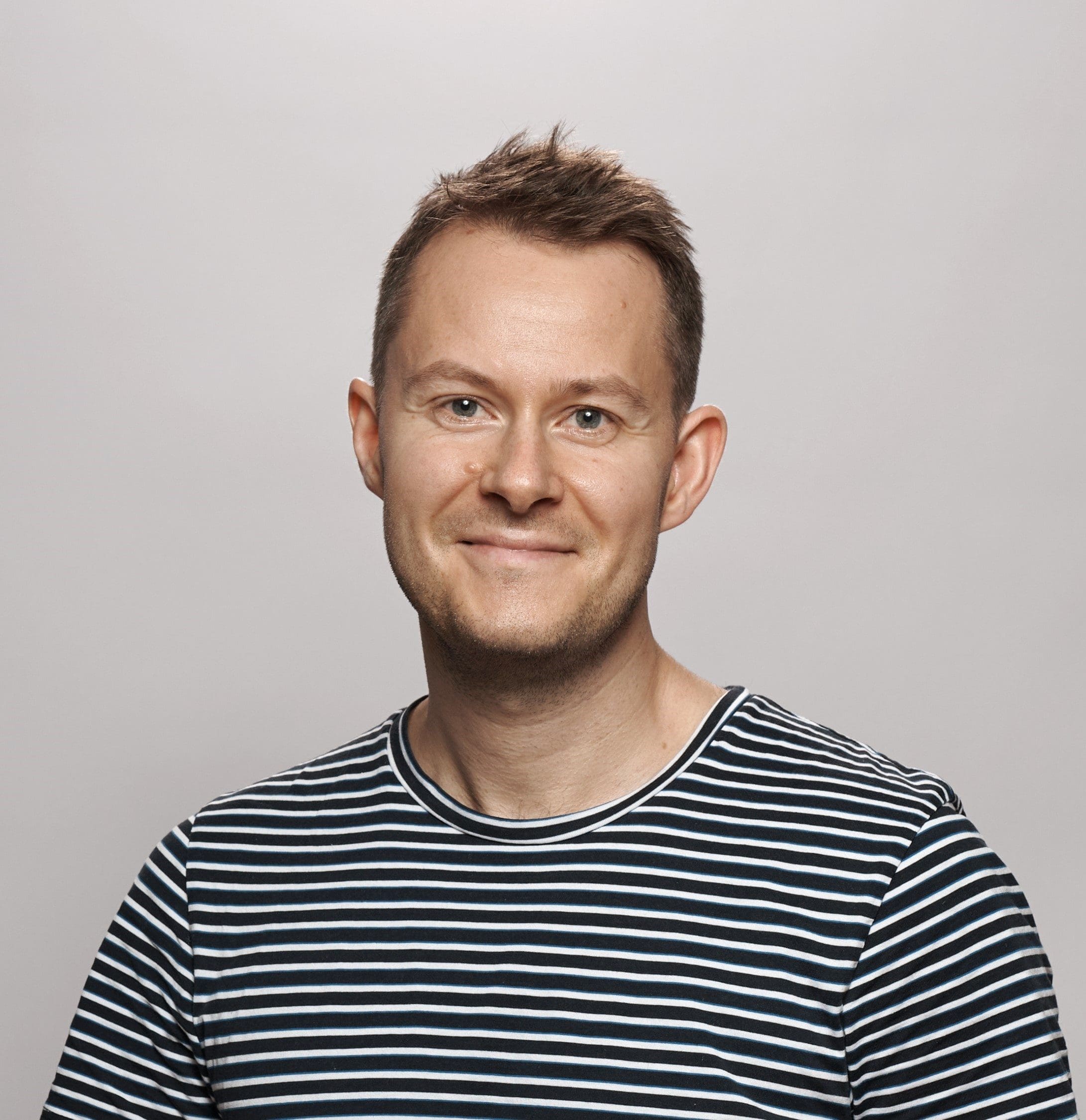
Giulia Mazzini
Insights from the challenge at DDEA Postdoc Summit 2024
From the moment we pick up a pipette or run a simulation, we are shaping more than data — we are shaping society.
Last September, I joined fellow Danish and international postdocs on the island of Bornholm for the DDEA Postdoc Summit 2024 — an annual, week-long gathering designed to strengthen the endocrinology research community.
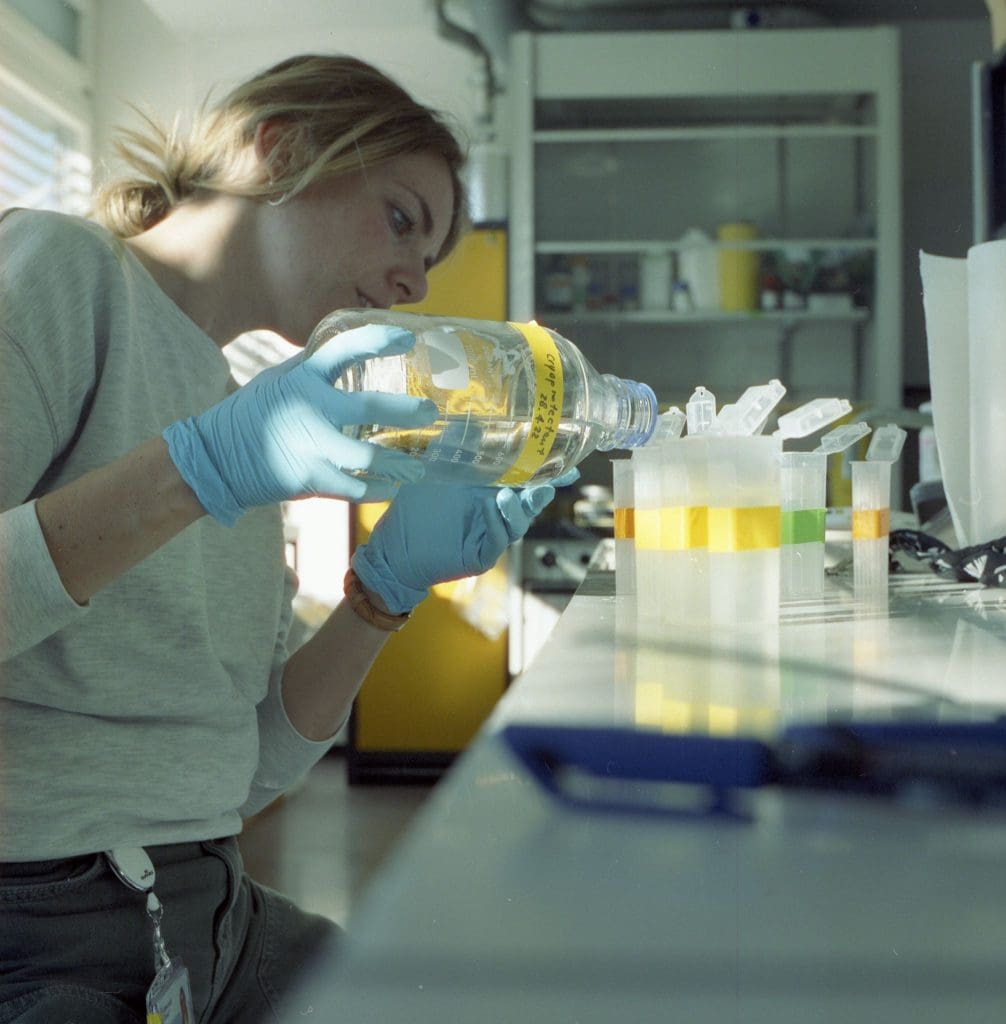
At the heart of the summit was the DDEA Postdoc Challenge. The question was deliberately thought-provoking:
We were invited to see how our work threads into the fabric of human understanding: delivering discoveries that spark innovation, drive economic growth, and open doors to entirely new possibilities.
Practically, we scientists strive to create benefits beyond immediate research outcomes. We aim to drive innovation and economic growth through our discoveries and developments.
Data tell a compelling story, consistently showing substantial positive returns on public research funding. Beyond these statistics, it is clear how seemingly abstract scientific work leads to groundbreaking innovations that transform daily life.
From mRNA vaccines — which helped end a global pandemic — to artificial intelligence transforming the way we work. These are just two examples of research changing daily life.
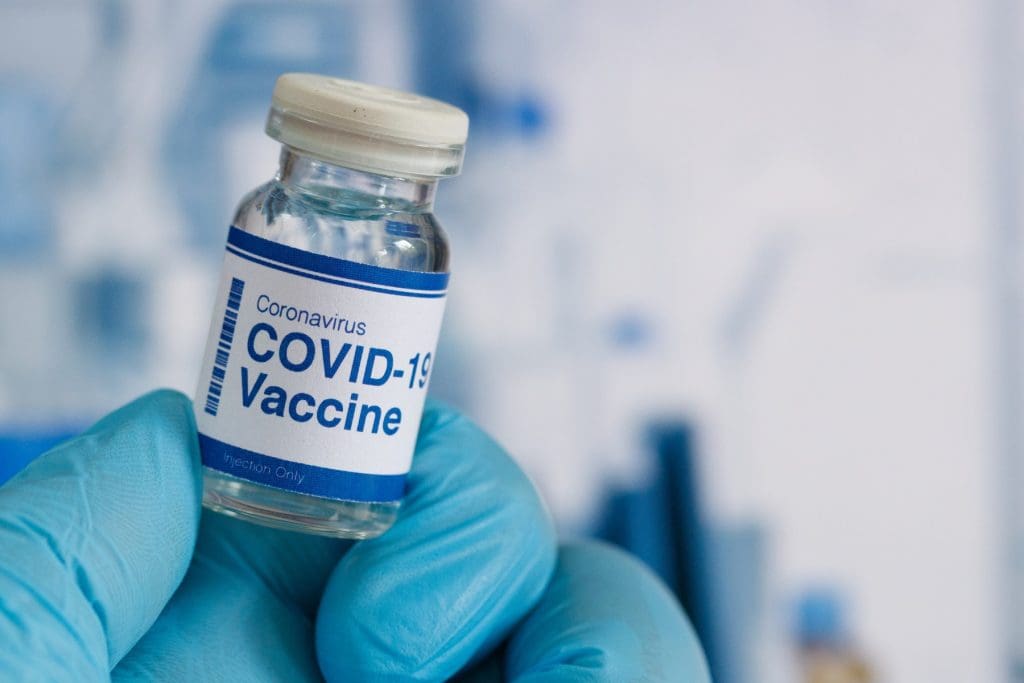
Today’s most impactful innovations emerged from years of fundamental scientific research. As scientists, we don’t just expand knowledge — we help create new high-skilled jobs. We push society forward and provide the expertise and evidence-based approaches to tackle complex problems.
However, the intrinsic worth of scientific pursuit cannot be measured solely in practical applications.
The quest to understand our universe speaks to humanity’s fundamental nature as curious beings. This spans everything from unravelling the basics of complex pathologies to addressing climate change.
This pursuit of knowledge has cultural and philosophical value, contributing to our collective self-understanding and worldview.
Scientific discoveries reshape our conception of reality and our place within it. They influence art, philosophy, and culture.
In today’s fast-paced world, our role as scientists is undergoing a significant transformation.
The pressure to innovate, solve problems, and remain competitive is relentless. It demands more from scientists than ever before.
This evolving relationship between science and society invites us to reflect not only on our role, but also on our meaning.
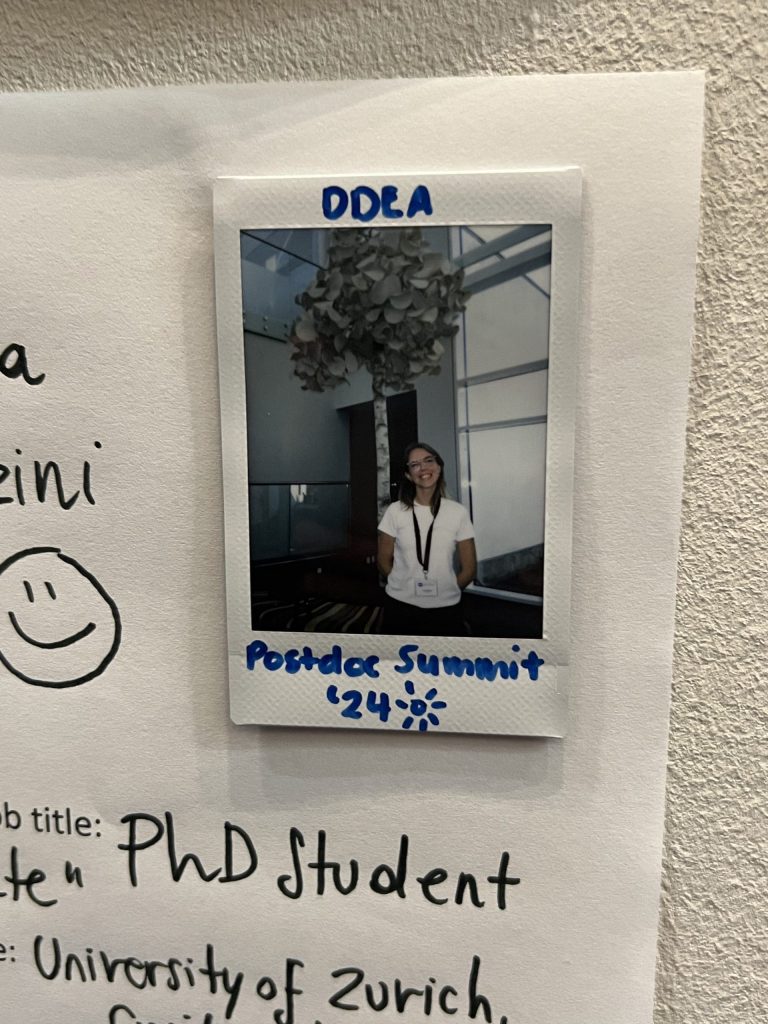
Let’s consider what a world devoid of scientific contributions might look like. Without science, we risk returning to an era akin to the Dark Ages — before the Enlightenment, when ignorance held sway over reason.
The experimental method, perfected by pioneers like Galileo and Francis Bacon, was a turning point in human history. It enabled us to replace superstition with evidence-based knowledge.
Science illuminates the path forward. It guides progress and helps society tackle its most pressing issues.
To keep driving this progress, we must adapt to the demands of the present and anticipate the needs of the future.
As Wilfrid Sellars eloquently argues in his work, we must recognise that our specialised scientific framework, while powerful, is just one way of understanding reality.
Scientists of today can no longer afford to remain isolated in their laboratories. Instead, they must become effective communicators, translating their findings into meaningful insights for the broader public.
The COVID-19 pandemic starkly demonstrated the societal role of scientists in addressing global crises. It also showed the importance of making complex information accessible and understandable to all.
We believe our value in today’s society lies in evolving alongside it. We must ensure our research creates a meaningful impact for all — bridging the gap between scientific advancement and public good.
This evolving landscape requires we develop new skills. We must go beyond traditional research to engage with communities, policymakers, and media.
Ultimately, embracing this broader role will strengthen the connection between science and society. It will also enrich science itself, as diverse perspectives open new research paths and inspire a future where knowledge empowers everyone.
A future driven by curiosity, informed decision-making, and shared progress.
If the last few years have taught us anything, it is that society turns to scientists in its most urgent moments — and that our voice matters far beyond the laboratory.
So here is the challenge: before your next experiment, take five minutes to consider how your work might live in the world outside your field.
In doing so, you are not only advancing science; you are strengthening the bridge between science and society.
This piece by Giulia Mazzini launches our series of reflections from early-career researchers on a challenging question: to what extent are academic researchers part of the real world? Drawing on insights from the DDEA Postdoc Summit 2024, she explores how scientists can connect their work more closely with society.
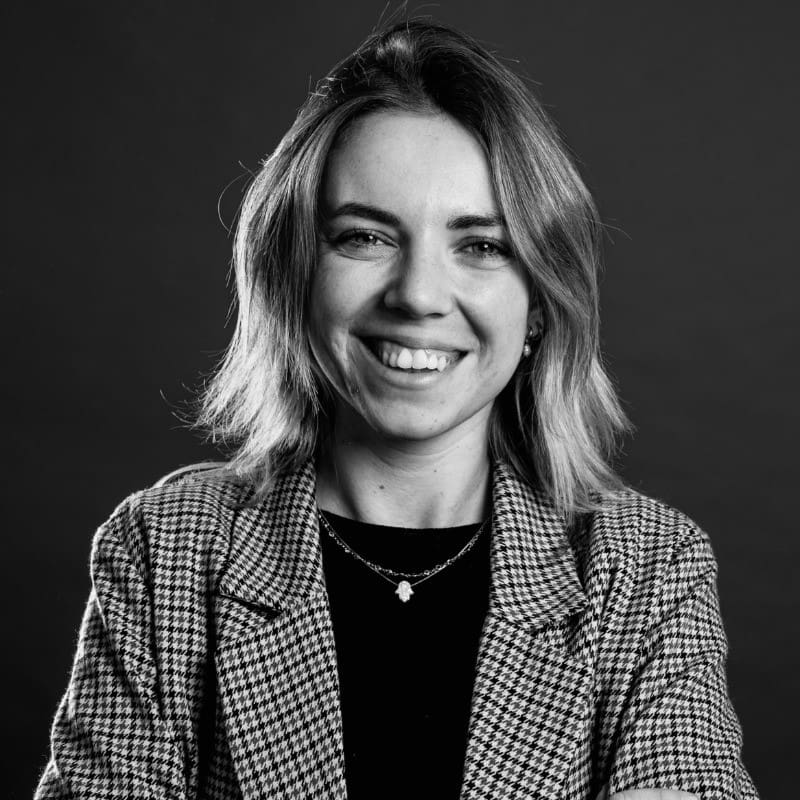
Giulia Mazzini is a PhD Candidate in biomedicine at University of Zurich and Visiting Scholar at the University of Southern California.
Guila Mazzini strives to understand how to help people live healthier lives while merging perspectives from metabolism and neuroscience.
EAN: 5798 0022 30642
Reference: 1025 0006
CVR: 29 19 09 09